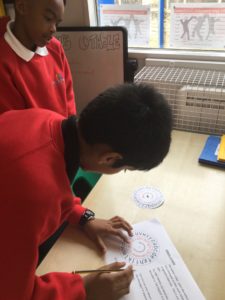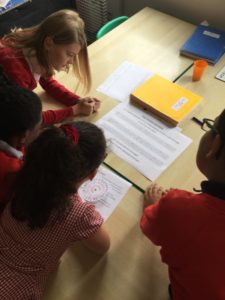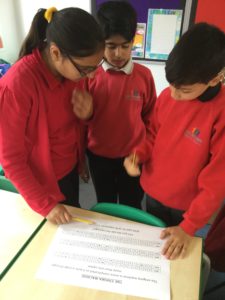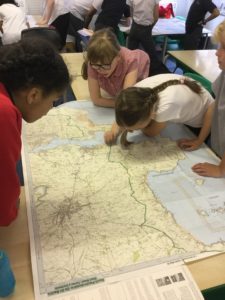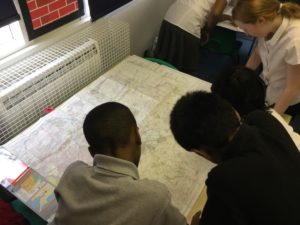I’ve enjoyed spending the morning looking around all the classes. I’ve seen some great teaching and some great learning in every class…
I’ve enjoyed spending the morning looking around all the classes. I’ve seen some great teaching and some great learning!
In Reception, children are very settled and already displaying some really good characteristics of effective learning. These are really important – more than simply being able to count to really high numbers, for example – because they are the foundation stones on which future achievements are built. There are a lot of siblings in the class, so I already know quite a few of the children. One child has even offered to teach me some Irish dancing – being Irish myself, it’s a skill I’m particularly looking forward to acquiring!
The Year 1 classroom looks great. The door has been removed (by the caretaker from one of the federation schools – thank you, Robert); this means we have a smooother transition from the areas of provision in Reception to a slightly more formal environment in Key Stage 1. The children made so much progress last year and, based on what I’ve seen this morning, will do equally well this year.
Year 2 pupils were busy finding nouns in their reading books. Someone gave me a really helpful definition – it’s something you can see, hear or touch. (You can sometimes smell or taste them, too!) They were enthusiastic about finding as many as they could. Why don’t you spot some on your journey to or from school next week!
Mrs Wells and the Year 3s were concentrating on their multiplication tables – they played ping pong, a quick game you can try at home or in the car: starting from zero, just count as confidently as you can in 2s, 5s or whichever table is being learnt, but the challenge is to alternate between each person. It was good to see the children concentrate hard.
When I visited Year 4, the children were all engaged in a carousel of different activities: reading (and talking about their reading) with Mrs Freeman, enjoying some comics, reading silently, playing a flag game (it’s the Where in the World topic, after all!), and reading with Miss Hale (the teaching assistant). It was good to see so much concentration with so many different things going on – clearly, Mr Owen and Mrs Freeman have got some good routines in place.
Mr Catherall’s classroom looks amazing, with lots of learning prompts for the Where in the World topic and for Maths and English. His class was also busy, taking part in another learning carousel. I was especially impressed by Pohnum and Pavan, whose learning behaviour was impressive and were very much engrossed in a dictionary challenge. I was also pleased to see a large group busy reading and analysing First News. (It’s a great newspaper for children; we subscribe at school, but why not subscribe and receive a copy at home, too!)
Finally, Miss Rushbrooke and the Year 6 children have all entered their second year working together – a smooth and productive transition. Always a mature, enthusiastic cohort, this year looks like being even more impressive for them as they work so well together. The classroom looks impressive, too.
